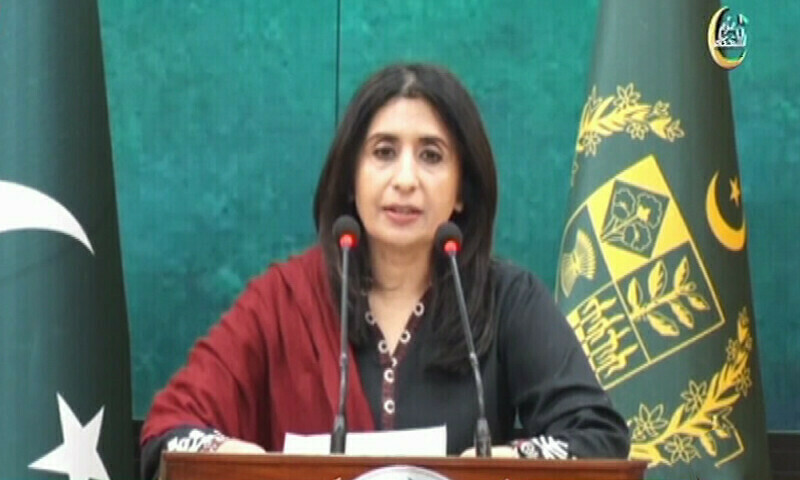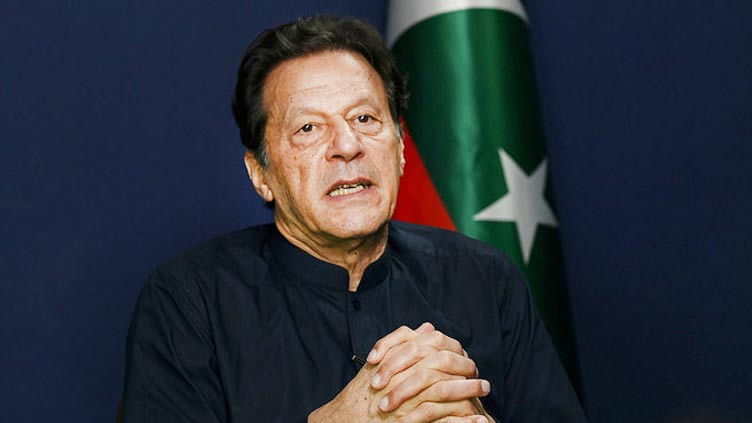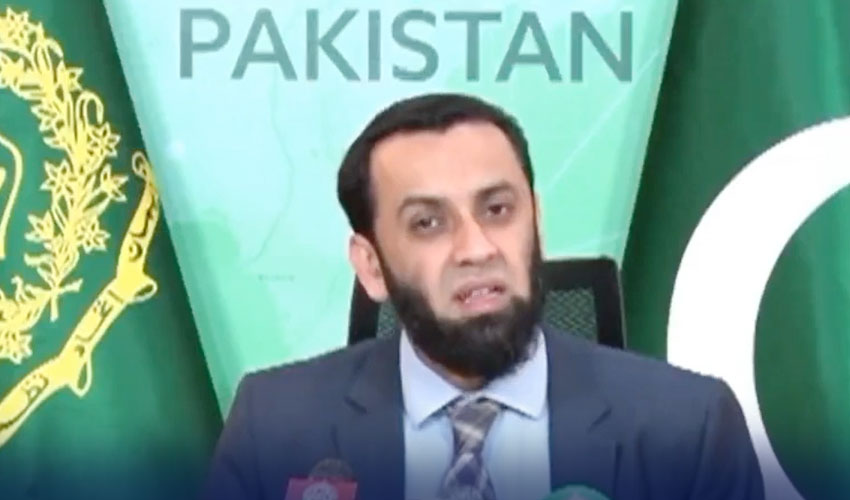POLITICS & POLICY MAKING
Tensions Escalate: Pakistan-Afghanistan Relations Strain Over Cross-Border Counterterrorism Operations

Relations between Pakistan and Afghanistan have hit a new low following Pakistan’s recent airstrikes targeting alleged Tehreek-i-Taliban Pakistan (TTP) camps in Afghanistan’s eastern Paktika province. The strikes, carried out on Tuesday, have drawn a sharp response from Kabul, further straining an already fragile bilateral relationship.
The Incident
According to Pakistani security officials, fighter jets bombed four suspected TTP locations, neutralizing several individuals believed to be involved in cross-border attacks. The move comes amidst Islamabad’s repeated demands for Kabul to prevent the banned TTP from using Afghan soil to launch attacks on Pakistan.
In response, the Afghan Taliban regime lodged a strong protest, warning that the strikes violated Afghanistan’s territorial sovereignty. The Afghan foreign ministry summoned Pakistan’s Charge d’Affaires in Kabul, handing over a formal protest note condemning the “violation” near the Durand Line in Bermal district. The ministry accused certain factions within Pakistan of attempting to sow distrust between the two nations during ongoing discussions on security and trade.
Pakistan’s Stance
Pakistan’s Foreign Office (FO) defended the airstrikes, emphasizing that the operations were carefully planned and intelligence-based, aimed at protecting Pakistani citizens. “Our security and law enforcement personnel conduct operations in border areas to protect the people of Pakistan from terrorist groups,” the FO spokesperson said in a statement.
The FO reiterated Pakistan’s respect for Afghanistan’s sovereignty while underscoring the importance of countering threats posed by terrorist elements. “We prioritize dialogue in our ties with Afghanistan,” the spokesperson added, stressing that both countries are in regular contact to address issues related to security, border management, and trade.
Historical Context
This is not the first time tensions have flared over cross-border operations. In March, Pakistan conducted similar strikes targeting Hafiz Gul Bahadur Group terrorists in Afghanistan’s border regions, following an attack in North Waziristan that claimed the lives of seven Pakistani soldiers.
In July, Defence Minister Khawaja Asif told BBC that Pakistan would continue launching counterterrorism operations in Afghanistan if necessary. “We won’t serve them with cake and pastries. If attacked, we’ll attack back,” Asif had said.
Path Forward
Despite the tensions, both sides have expressed their willingness to maintain dialogue. Pakistan’s Special Representative Sadiq Khan has engaged with Afghan officials in Kabul to discuss security and other bilateral concerns. The FO emphasized that official communication channels remain open, dismissing “social media messages from terrorists” as unreliable.
The situation underscores the complex challenges both nations face in balancing security concerns with regional diplomacy. As the border skirmishes and airstrikes continue, the prospects for lasting peace remain uncertain, with the region’s stability hanging in the balance.




